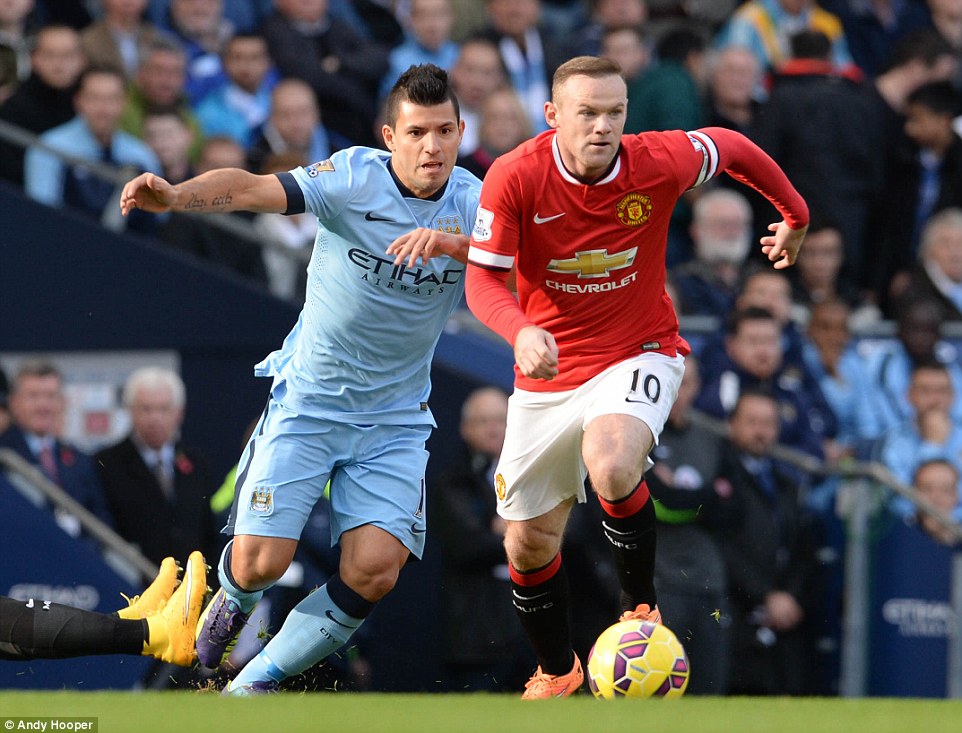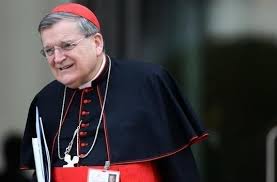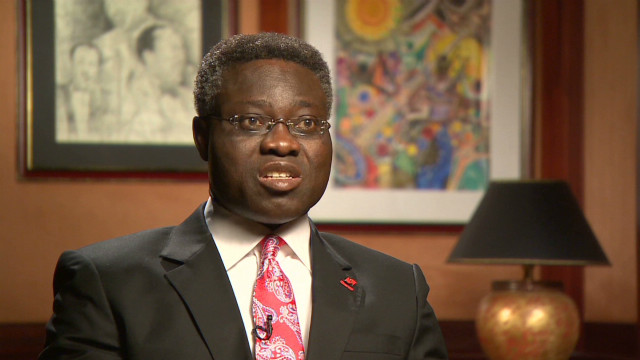Aguero (left) chases down Manchester United captain Rooney (right) on his return to action from a three-match suspension
It says something of the nervous edge that still characterises Manchester City that even Vincent Kompany, twice a title-winning captain, still talks of the club in the language of underdogs.
‘This is massive,’ he said. ‘It gives us our city back.’
Actually is has been theirs for a while now. This was Manchester City’s fourth straight win in league derby games – their best run against Manchester United since 1970. Only Liverpool have won four straight games against United in the Premier League era, too.
And make no mistake the red half fancied its chances on Sunday. They had read great significance into two late equalising goals in matches with West Bromwich Albion and Chelsea. They thought a corner had been turned.
Perhaps, though, if there is a reason City still have the traces of an inferiority complex it could be found in the last 15 minutes. A goal to the good against ten men and a United defence that could not have better epitomised the term makeshift had they literally been held together with string, City contrived to end the game clinging on for grim life.
When five minutes of additional time were signalled there was a groan of dread and their fans were howling for referee Michael Oliver to blow the final whistle. It was a strange conclusion, allowing United to leave with a misplaced sense of achievement. In reality, they had been a shambles at the back, had Chris Smalling sent off for two certifiable offences and could have conceded three penalties.
Against this, to end with a back four of Antonio Valencia, Michael Carrick, Paddy McNair and Luke Shaw, and only lose 1-0 to a team that scored 102 goals last season, says something for their resilience. David De Gea, in particular, was outstanding in goal and it was always going to take something very special to beat him. And that is what happened.
There were 63 minutes gone when Sergio Aguero scored what proved to be the winner. Nerves were beginning to creep in. Manchester United had been down to ten men from the 39th minute when Oliver deemed Smalling too stupid to continue and Marcos Rojo had been carried off on a stretcher after putting his shoulder out in a tackle.
They were there for the taking and a great truly great team would have destroyed them. Yet City did not take advantage. De Gea was wonderful, but on too many occasions City seemed determined to achieve perfection, rather than just a goal, although successfully marrying the twin ambitions won the game.
A lightning sequence of passes and movement separated these teams. Yaya Toure fed a low, well-struck pass out to Gael Clichy, the left-back – only playing because Aleksandar Kolarov got injured in the warm-up – stretching United’s defence until the seams pinged.
Clichy hit a lovely cut-back cross and Aguero did the rest. It was a stupendous, first time, finish – the ball past De Gea almost before he had time to react. A magnificent moment – a goal that was almost classically Aguero.
Relief, but not for long. What is it about this team when they get too comfortable? Jesus Navas, put in by Toure again, hit the post after 75 minutes and City seemed to presume they would coast to victory against ten men, maybe even bag another.
At which point United sensed the potential for a surprise. The game ended with City launching desperately aimless long clearances as United piled forward for a goal against the odds. Marouane Fellaini embarrassingly miscued an excellent headed chance and Angel Di Maria forced a rare save from Joe Hart. United may even have felt a little hard done by. They weren’t, but this is a club desperate to take the positives right now. They are not too picky about the legitimacy.
City were already on top when Smalling was dismissed, but there is little doubt his foolishness gave the outcome an air of inevitability. When it comes to red cards, much can be gleaned by the reaction of team-mates and coaches, and it is fair to say the England international must have felt pretty chastened as he sat in the away dressing-room, the derby going on without him and the first half not yet spent.
His captain, Wayne Rooney, got on with the business of rearranging the team as Smalling walked past him towards the tunnel. Louis Van Gaal did not offer so much as a consoling glance; nor coach Ryan Giggs.
Even the reddest Mancunian must have felt his loyalty tested, so idiotic were the actions that contributed to Smalling’s dismissal. Manchester United had won a free-kick which Joe Hart collected under some pressure.
He gathered his composure and chased to the edge of the area, where Smalling stood, blocking his path like a basketball point guard, jostling, hustling, as he tried to kick. Completely illegal, of course, and always met with a booking. Hart struck the ball, which caught Smalling as intended, and trundled along the pitch in the manner of a topped tee shot. Referee Michael Oliver booked Smalling on auto-pilot.
If the first booking was unnecessary, the second was unforgivable in the circumstances. Eight minutes later James Milner went past Smalling on the left, and he reacted with a late, clumsy and poorly-timed tackle, an obvious foul. He gave Oliver no option but to send him off.












